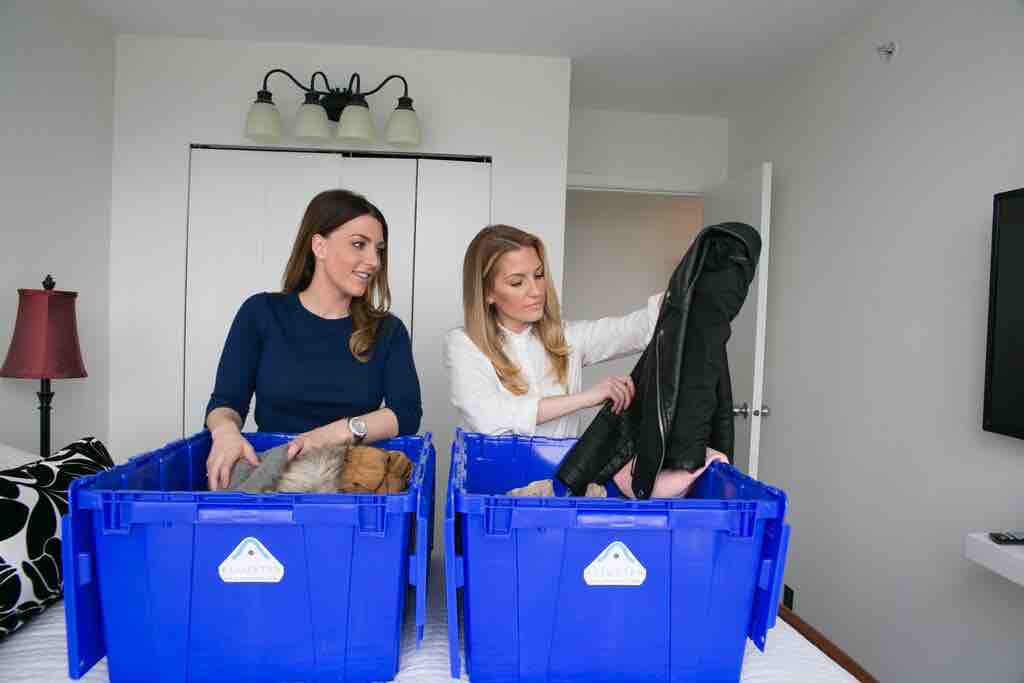How Clutter Affects Your Brain and Productivity
We all know the feeling. You’re clearing out your closet and you think, I might wear that shirt again, or I’m not ready to let go yet. Six months later, it’s still in hibernation collecting dust where you left it.
Why is it that we have so much trouble letting go of things that no longer serve us? Usually, it’s because we spent money on them, we think we’ll use them again, or they have sentimental value. We develop a psychological connection with our belongings, which leads to excess accumulation. But if we look at the science behind why this is happening and how it affects us, next time you’re clearing things out, you might think again.
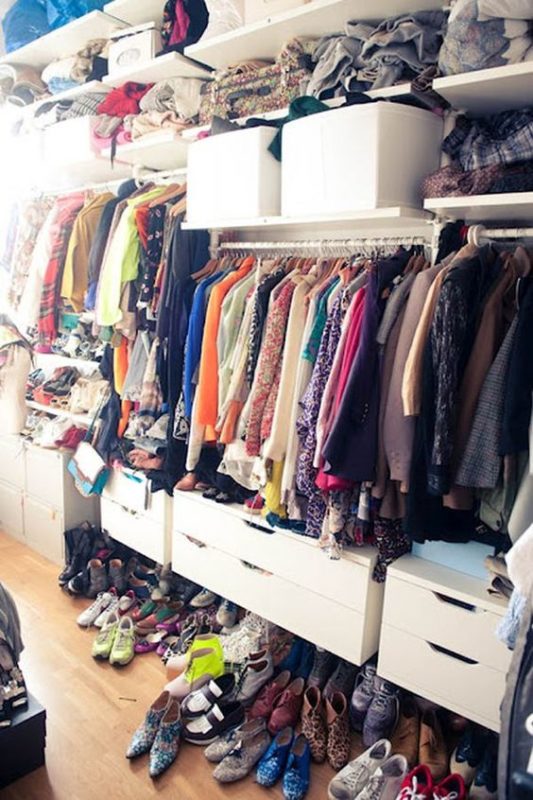
How Clutter Affects Your Brain
A study at Yale School of Medicine found that for many, letting go is literally painful. A group of students, both hoarders and non-hoarders, were asked to sort through items while researchers tracked their brain activity. Some items were their own, while others were provided by the study.
When faced with their own items, hoarders were found to have increased brain activity in the anterior cingulate cortex and the insula, both areas related to emotional pain and conflict. The more they reported feeling “not right” throwing something out, the stronger this brain activity was.
How Your Brain Reacts to These Effects
When the conflict of whether to let go or keep something is presented, these parts of the brain create a signal that something is wrong. In order to ease that anxiety, a natural tendency for many is to hold onto things.
However, the accumulation of too much clutter results in several negative impacts. Let’s say you work at a desk, and you have paperwork, notebooks, keys, and pens stacking up around you. This physical clutter competes for your attention, and takes away your ability to focus. It overloads your senses and increases your stress, making it hard to think creatively.
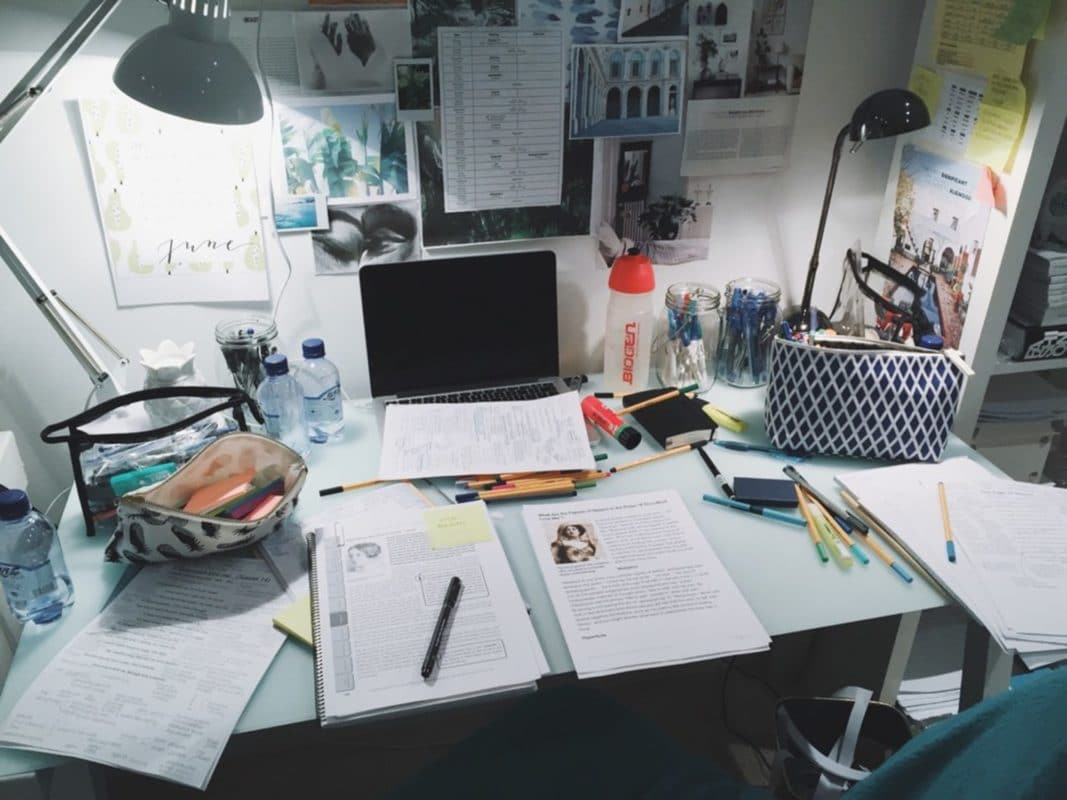
When Clutter Meets Technology
It’s not just physical clutter that decreases performance. Digital clutter is just as common, especially in today’s age of technology. How often is your computer desktop overflowing with unorganized files and images? Are you often interrupted by your phone vibrating, making you lose your train of thought?
It’s impossible to stay focused when you’re constantly switching between tasks with endless distractions. With technology comes a lack of structure, which has the same affect on your brain as physical clutter.
How to Manage Clutter
Everyone’s perception of clutter is different. If you’re okay with having certain items on your desk that don’t steal your attention, that’s all that matters. However, if you do want to lessen the tabletop chaos, apply restrictions.
For one, keep your storage space minimal. When your closet starts to overflow, it’s time to cut the cord on certain clothing items instead of buying more hangers. By using smaller storage spaces, you’ll identify what you actually need.
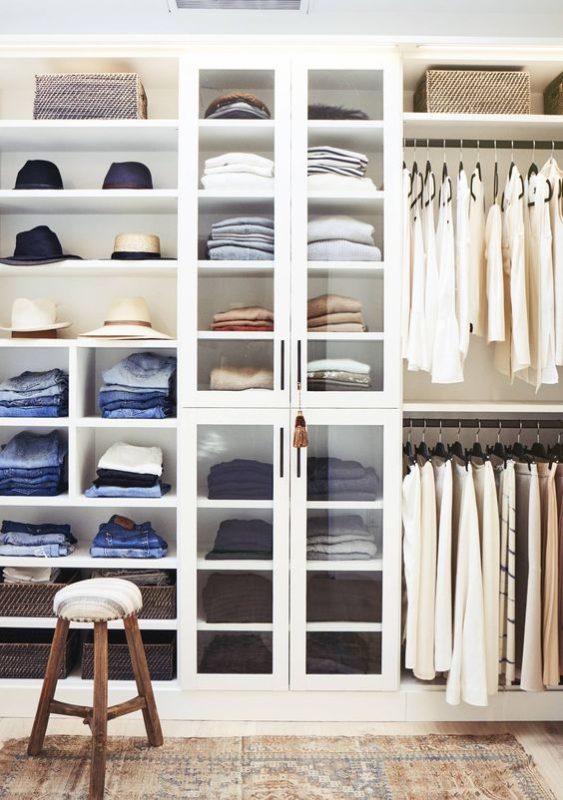
One of our favourite hacks is to perform a closet review every quarter. We start by facing all of our hangers in one direction, and once we’ve worn them, face the hangers the other way. If after three months you haven’t moved your hangers, then it’s time to let go of those items.
To keep your desk organized, clear it at the end of each day. Move loose items into drawers, put glasses and cutlery away, and take home your personal belongings. This goes for your computer desktop as well. Organize your files into folders and don’t leave any floating around. Keeping your work spaces organized will translate into your physical life.
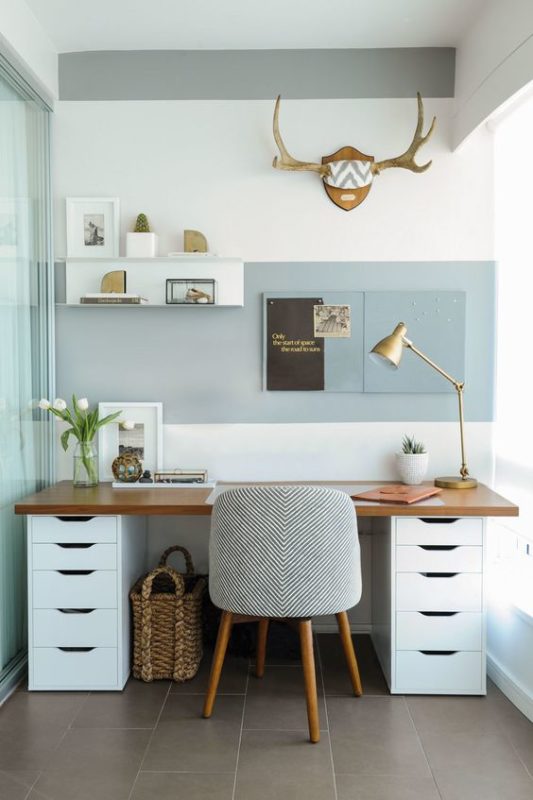
However, sometimes no matter how much we scale back and declutter, we still don’t have room to store everything. That’s where we services like Alluster Storage come in! Give us a call and we’ll store anything you still want to hang on to. From books and clothing to beds and couches, we’ll store items small or big and drop them off with 24 hours notice. Once you realize how much getting rid of items can improve your productivity, you’ll wish you decluttered sooner.
